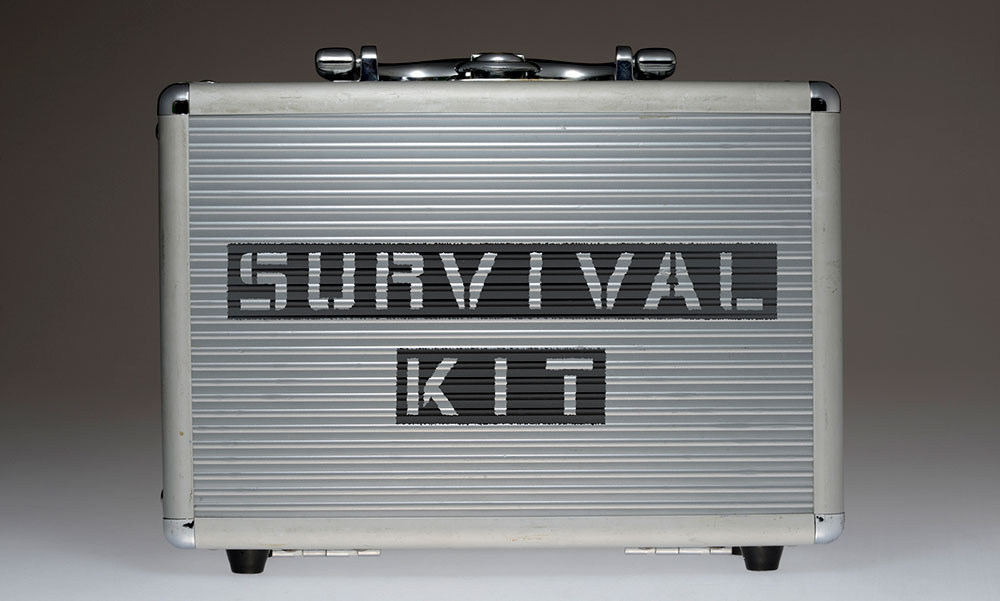
Books: Survival Skills
In Matter, authors Peter Sheahan and Julie Williamson discuss how to ensure future success.
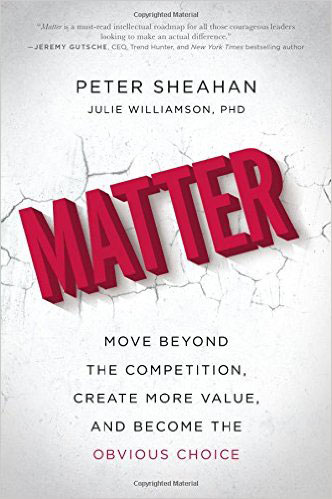
Matter: Move Beyond the Competition, Create More Value, and Become the Obvious Choice
By Peter Sheahan and Julie Williamson; Benbella Books, Inc.; 304 pages; $26.95
Little matters more to associations than ensuring sustained relevance to members. In Matter: Move Beyond the Competition, Create More Value, and Become the Obvious Choice, Peter Sheahan, founder of Karrikins Group, and Julie Williamson, his “chief growth enabler,” contend that to stay relevant, organizations need to apply a new discipline to master an ever-shifting “edge of disruption.” Only with this mindset and commitment can organizations accelerate innovation and build loyalty that ensures future success.
Based on firsthand research and case studies from 15 countries, the authors urge organizations to relentlessly pursue value, build in scalability, and “answer the call” for community-wide leadership in addressing complex problems that—if solved—will broaden the market pie for everyone in ways that make a difference to customers.
“Companies that matter … believe they can create the most value when they contribute to more than just their own success,” Sheahan and Williamson write. One example is drugstore chain CVS. In exploring how it could help solve America’s healthcare crisis, leaders targeted “the highest-spend areas of chronic health conditions.” First up: adding in-store clinics to improve healthcare access, taking tobacco products off shelves, and launching sourcing and nonprofit partnerships.
Outreach and relationship building are foundational to “becoming the obvious choice,” say the authors, and so, too, are “extreme ambition,” “deep optimism,” and a long-term view of the future. “Profits come from doing great things, not the other way around,” they write.
An inspiring reminder to get used to reinvention.
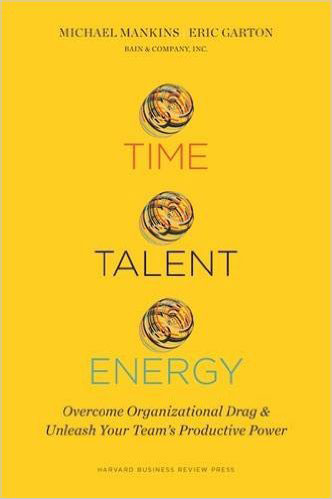
Time, Talent, Energy: Overcome Organizational Drag and Unleash Your Team’s Productive Power
By Michael Mankins and Eric Garton; Harvard Business Review Press; 256 pages; $32
“The average [organization] loses more than 25 percent of its productivity to organizational drag—ways of working that waste time and prevent people from getting things done,” write Michael Mankins and Eric Garton, two performance-focused partners at Bain. Their research identifies three root causes for the molasses pace at organizations: misuse of time, misdirection and waste of energy, and squandered use of talent. One key takeaway: Nimbleness and productivity have far more to do with organizational culture than individual conduct. Their action items include uniting star performers on teams rather than spreading them across departments, eliminating reply-all on email, setting firm rules about email sharing and meeting agendas and enforcing them, and conducting an association-wide meetings audit to reduce meeting time and staff involvement. A no-excuses guide to transformation at associations large and small.
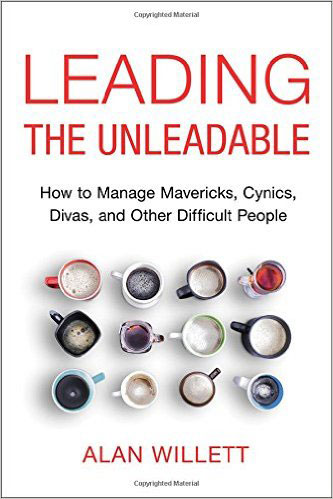
Leading the Unleadable: How to Manage Mavericks, Cynics, Divas, and Other Difficult People
By Alan Willett; Amacom; 240 pages; $17.95
Leadership development consultant Alan Willett clearly has worked with those trickiest of colleagues best described as “difficult.” We all know them, have them, and fume about them, so Willett’s step-by-step processes for managing them should be a welcome read to most association professionals. Cautioning that “transforming the troublesome” takes time and requires leadership on an especially conscious, methodical level, Willett suggests specific language to use in these tough conversations. A toolkit of tactics ranges from setting timetables for check-ins to reframing the employee’s focus to using deliberate questions and approaches that move cynics, divas, micromanagers, and short-fuse peers to a more tolerable temperament. Chapter “reflection points” contain thoughtful exercises to build your “exceptional leadership” mindset. Deep breathing and ungritting your teeth while reading also helps.
(iStock/Thinkstock)

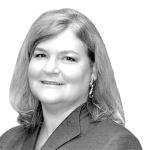




Comments